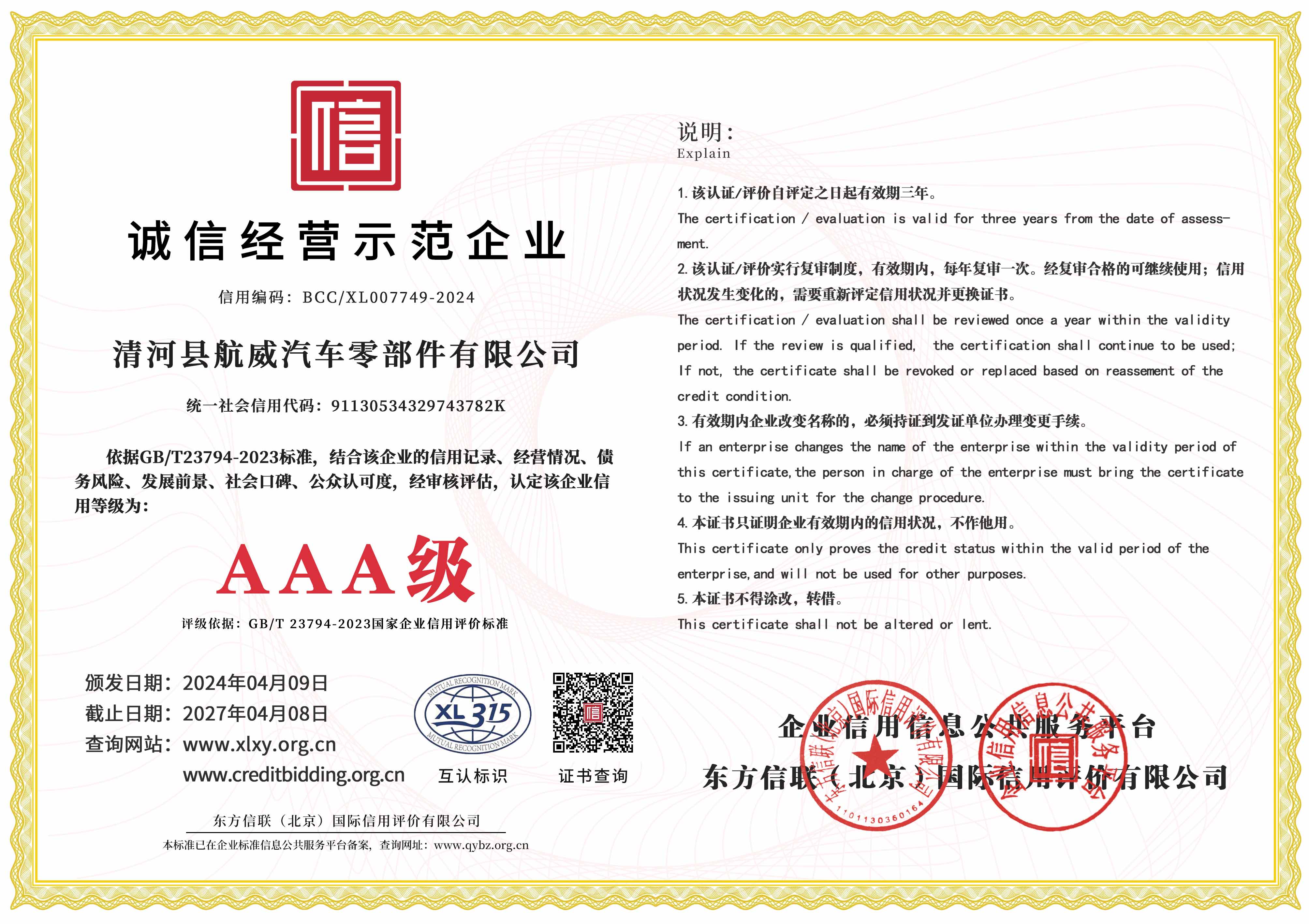clutch fluid line
Understanding Clutch Fluid Lines Essential for Smooth Operation
The clutch system in a vehicle is a crucial component that facilitates the transmission of power from the engine to the drivetrain, enabling seamless acceleration and gear shifting. While many car owners focus on the more visible parts of the clutch, such as the pedal and the disc, the clutch fluid line plays an equally important role in ensuring the system functions properly. This article delves into the significance of clutch fluid lines, their function, maintenance, and common issues that can arise.
What is a Clutch Fluid Line?
A clutch fluid line is a hydraulic line that connects the clutch master cylinder, which is located near the clutch pedal, to the clutch slave cylinder that operates the clutch fork. This hydraulic system is responsible for transmitting the force exerted on the clutch pedal to disengage and engage the clutch. The entire process relies on the transfer of hydraulic fluid through these lines, making them essential for the clutch's operation.
Importance of Clutch Fluid Lines
1. Efficiency and Performance The efficiency of a vehicle's clutch system is dependent on the integrity of the fluid lines. A well-functioning clutch fluid line allows for smooth engagement and disengagement of the clutch, which is essential for optimal vehicle performance. Any issues in the fluid line can lead to problems such as difficulty in shifting gears or slipping of the clutch, negatively impacting driving experience and safety.
2. Prevention of Contaminants Clutch fluid lines are designed to keep hydraulic fluid contained and free from contaminants. If these lines become damaged or cracked, external contaminants can enter the system, leading to degradation of the hydraulic fluid. This can result in reduced performance, increased wear on the clutch components, and even complete failure of the clutch system.
3. Safety The clutch system is vital for the safe operation of a vehicle. A malfunctioning clutch can cause unpredictable vehicle behavior, especially when downshifting or coming to a stop. Regular maintenance of clutch fluid lines is essential for ensuring safe operation and preventing accidents.
Maintenance and Care
Maintaining clutch fluid lines is relatively straightforward but requires regular checks and attention. Here are some maintenance tips
1. Regular Inspections Periodically inspect the clutch fluid lines for any signs of wear, damage, or leaks. Look for cracks, bulges, or fluid accumulation around the lines. Early detection of issues can prevent more significant problems down the line.
clutch fluid line

2. Fluid Replacement The hydraulic fluid used in the clutch system can degrade over time, losing its effectiveness. It’s crucial to replace the fluid according to the manufacturer’s recommendations, typically every 2 to 3 years, to maintain optimal performance.
3. Check for Air Bubbles Air trapped in the hydraulic system can lead to a spongy clutch feel and difficulty in shifting. Bleeding the clutch system can remove air bubbles and restore proper function. This can often be done as part of regular maintenance.
4. Professional Service If you notice any issues with the clutch operation, don’t hesitate to seek professional assistance. Mechanics can perform comprehensive inspections of the clutch system, including the fluid lines, and carry out necessary repairs or replacements.
Common Issues with Clutch Fluid Lines
Several issues can arise with clutch fluid lines, including
1. Leaking Lines Leaks can occur due to wear and tear, corrosion, or improper installation. A leak can lead to a drop in hydraulic pressure, causing the clutch to fail to disengage.
2. Blockages Dirt and debris can clog clutch fluid lines, impeding the flow of hydraulic fluid. This can lead to issues in clutch performance and require cleaning or replacement of the line.
3. System Failures In severe cases, a failure in the clutch fluid lines can prevent the clutch from engaging or disengaging entirely, making the vehicle undrivable.
Conclusion
Clutch fluid lines may not be the most glamorous part of a vehicle's clutch system, but they play a crucial role in its operation. Proper maintenance and timely inspections can prevent issues that can lead to costly repairs and safety concerns. Understanding the importance of these lines not only enhances vehicle performance but also ensures a safer driving experience. Regular upkeep and awareness of potential issues with clutch fluid lines are fundamental aspects of vehicle ownership that every driver should prioritize.
-
Workings of Clutch Pipe and Hose SystemsNewsJun.04,2025
-
The Inner Workings of Hand Brake Cable SystemsNewsJun.04,2025
-
The Secrets of Throttle and Accelerator CablesNewsJun.04,2025
-
The Hidden Lifeline of Your Transmission Gear Shift CablesNewsJun.04,2025
-
Demystifying Gear Cables and Shift LinkagesNewsJun.04,2025
-
Decoding Clutch Line Systems A Comprehensive GuideNewsJun.04,2025
